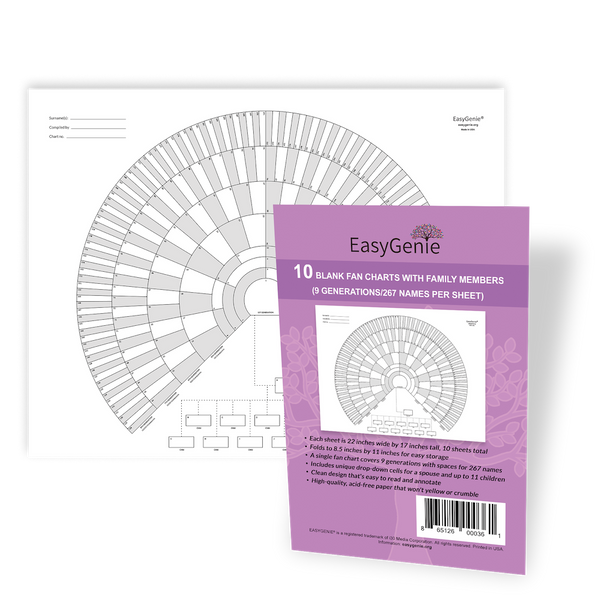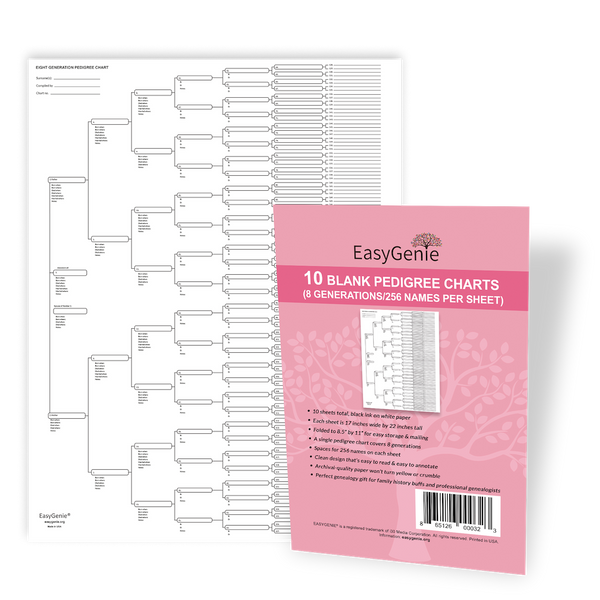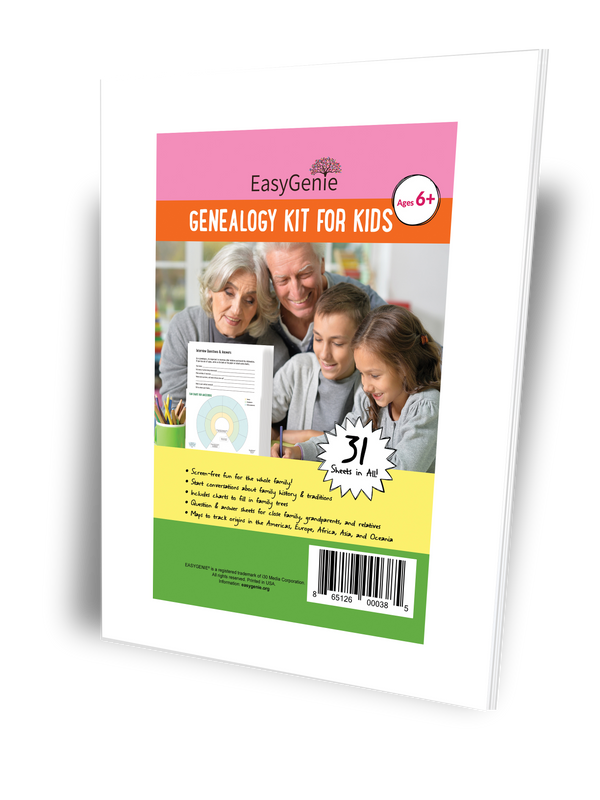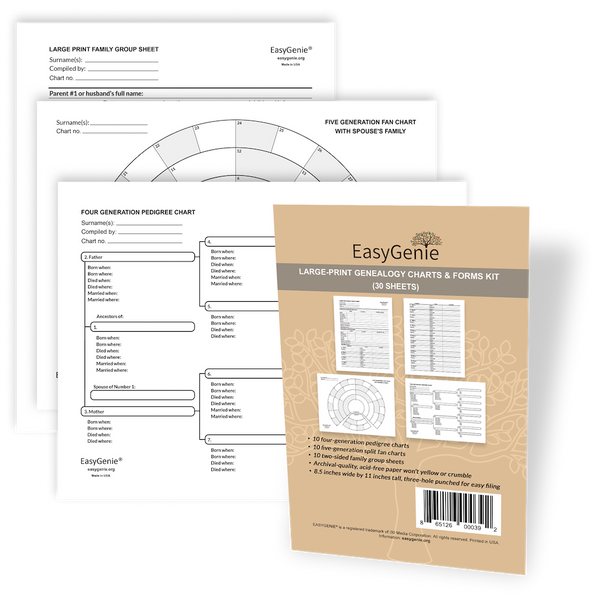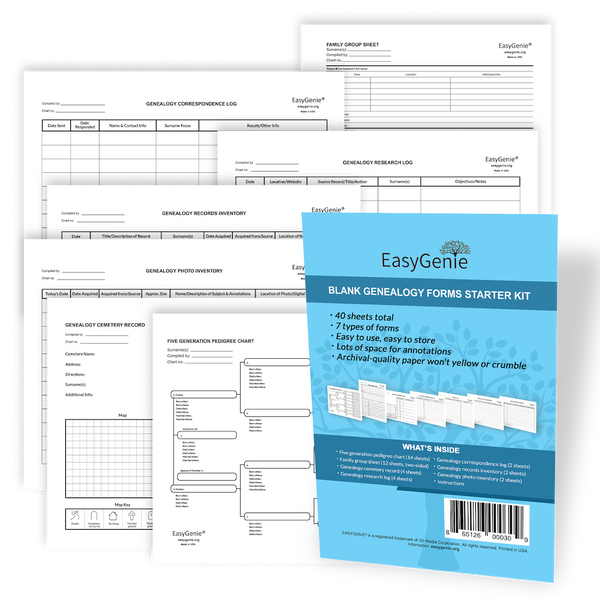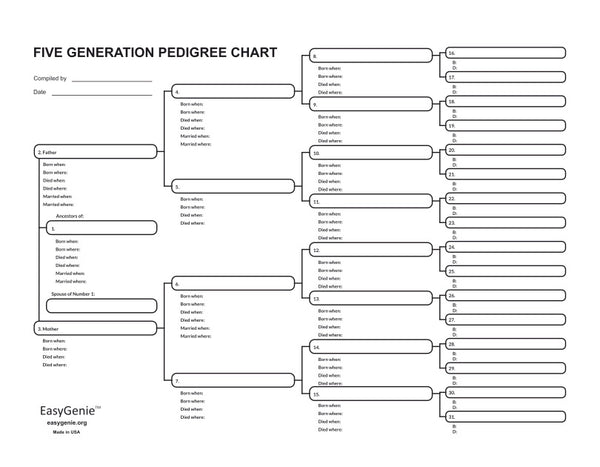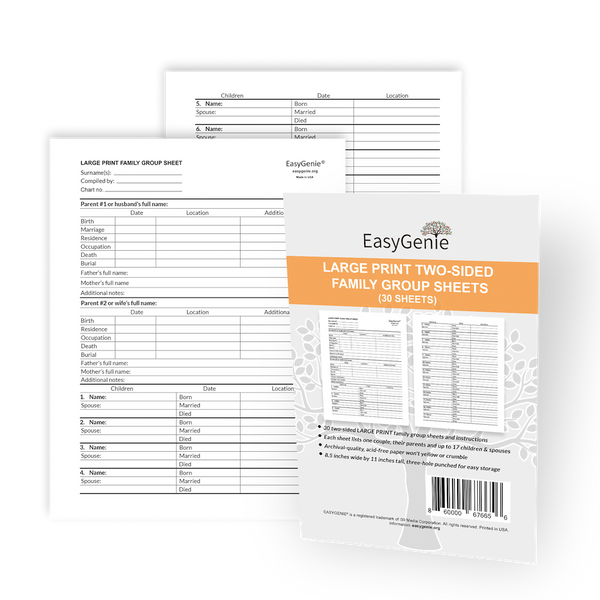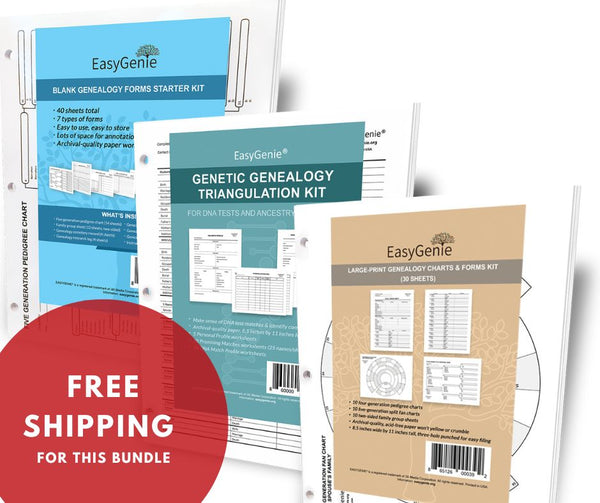
The importance of "true documents" in genealogy
Ian LamontWe wanted to share some fantastic advice left by a visitor to our Facebook page concerning the importance of "true documents" to genealogy research:
I have binders for each true ancestor and their children and grands etc. I put true documents such as birth, marriage, and death for each person in the book. This is work for future help. Only accept facts but keep notes on possible leads not yet proven.
We love this comment for several reasons:
- The use of paper forms in binders to protect and preserve the research
- The focus on facts (based on "true documents" such as vital records)
- Keeping note of leads ... but not accepting them as facts without solid evidence
- Thinking about the future ... and descendants and relatives who may pick up the paper trail decades from now
We've said it before, and we'll say it again: When it comes to family history, use every research tool available - including websites and software - to find and organize genealogy data.
But don't take other people's research or stories as fact unless the sources of information can be verified. We hear of far too many people who take an Ancestry hint or someone else's online tree as evidence of family relations or proof of an ancestor's vital data, when actually the research may be incomplete, based on hearsay, or flat-out wrong.

Preserve and share core data on paper, too - even if half of these copies are lost, destroyed, or forgotten in the next 100 years, the other half will still be available, and the research and stories will survive, long after Ancestry subscriptions have lapsed or its current owners (a Wall Street private equity firm) have faded.
